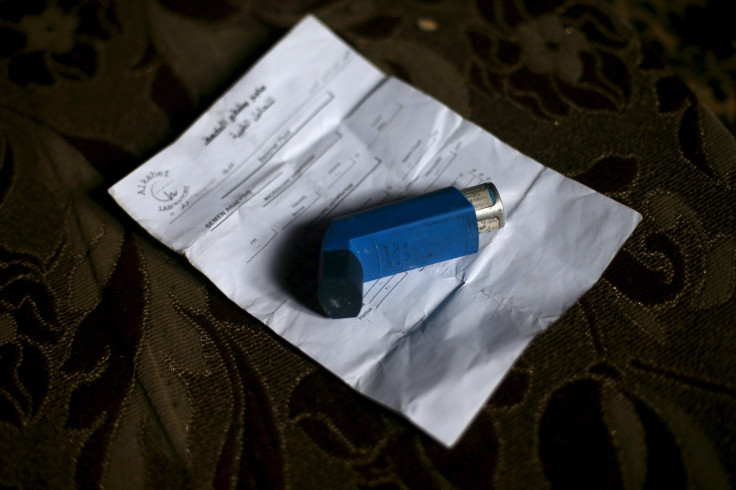Acetaminophen vs. Ibuprofen: Giving Tylenol To Children With Mild Persistent Asthma Does Not Worsen Condition, Study Finds

Acetaminophen (Tylenol, etc.) for pain and fever does not make asthma symptoms worse in young children, a study Thursday in the New England Journal of Medicine stated, debunking previous theories. The study was conducted after a Acetaminophen vs. Ibuprofen in Children with Asthma (AVICA) trial, which was led by researchers at Boston Children's Hospital for the National Heart, Lung and Blood Institute's Asthma Network (AsthmaNet).
According to the new study, the effects of acetaminophen were equal to those of ibuprofen (Motrin, etc.) in children with asthma. Earlier theories stated that children had exacerbations of their asthma when receiving Tylenol for pain or fever.
"We found no matter how you slice it, there was absolutely no difference between Tylenol and Motrin," senior investigator and corresponding author Wanda Phipatanakul, MD, MS, of Boston Children's Hospital's Division of Allergy and Immunology said. "Our findings should alleviate the concerns for safety that were based on observational data."
The recent study included 300 children between the age of 1 and 5 years with mild persistent asthma. Half were assigned to take acetaminophen as needed for pain and fever while the other half were to take ibuprofen over a 48-week period.
The primary outcome after the trial ended in April 2015 was measured with the number of times the asthma got worse and the children needed treatment with prednisone.
The trial found that the number of asthma exacerbations per child averaged 0.81 in the acetaminophen group versus 0.87 in the ibuprofen group. At least one asthma exacerbation occurred in 49 percent of the acetaminophen group as compared to 47 percent of the ibuprofen group. Use of "rescue" medication (albuterol) was essentially the same, while the unscheduled healthcare visits for asthma were equivalent.
Researchers note that earlier studies linking acetaminophen with increased asthma symptoms did not use a randomized design. Those studies therefore couldn't rule out the possibility that the asthma exacerbations were caused by the respiratory infections themselves.
"The toddler age is a wheezy age when kids are developing asthma, but they also get a lot of fevers and colds," says Phipatanakul. "Without a randomized design, it's hard to tease out the effects of medications."
© Copyright IBTimes 2025. All rights reserved.





















